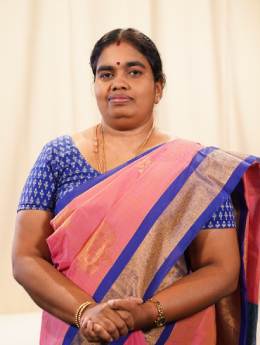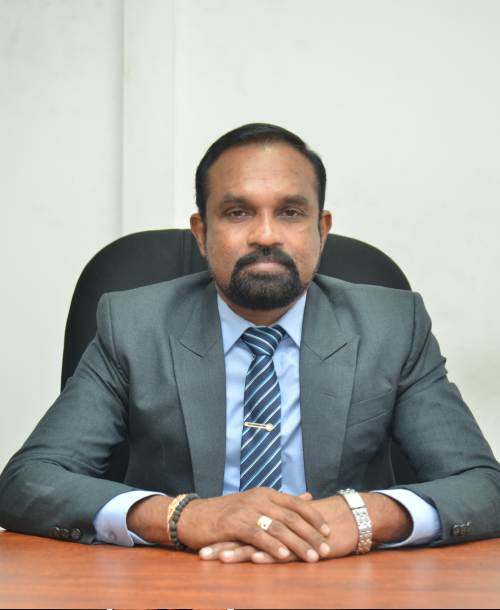What we do
The primary responsibility of the Department of Teacher Education is to ensure educator-trainers and academics working in the field of Education update their knowledge and skills through formal qualification. The department conducts profession-oriented Diplomas, bachelor’s degrees, Postgraduate diplomas, Master’s, and MPhil degree programs. The personnel attached to the department come from diverse academic backgrounds and possess a wide range of academic expertise required for the fulfillment of this important national task. Therefore, the department can offer its teacher and students a learning experience on par with global universities.
Catering to the demand for virtual classroom teaching in the educational sphere, the department utilizes its fully equipped digitalized high-tech studio to reach the one hundred regional learning centres located across the country. The digitalized teacher education programs, academic programs, and workshops carried out by the department are conducted in all three national languages.








Technical Assistant - I

Management Assistant - I

Management Assistant - I

Management Assistant - I

Management Assistant - III
Office Aide - I

Office Aide - III

Helps cultivate in a child a deep appreciation for the beauty that surrounds them. It helps build a sense of proportion, harmony and beauty with the surroundings as well as higher-order emotions. Plato regarded education as an indispensable part of education in a free man. education is expressed in terms of visual representations, movements, sounds, verbal expression, etc assists in the development of the child’s sensitivity and the child’s personality development. Modern pedagogy empirically proves that each child should have the opportunity to develop their ability to observe, experience, evaluate and create that which is beautiful. This can only be achieved if we offer children a healthy living environment and an active artistic education. It is towards this goal that we strive to teach our future citizens to appreciate and contribute to the rich diversity of nature, culture and heritage of this country.
Director, Dept. of Teacher Education